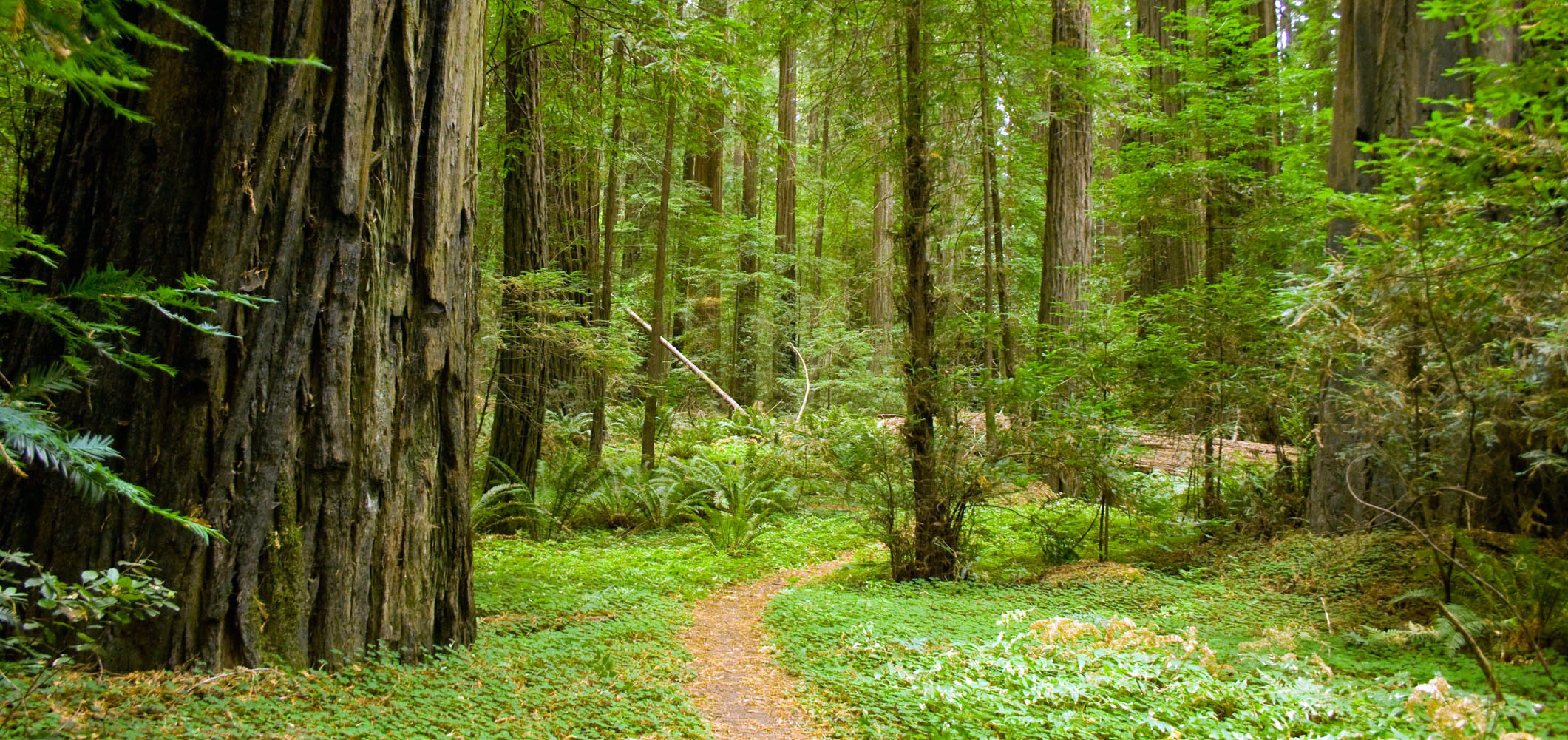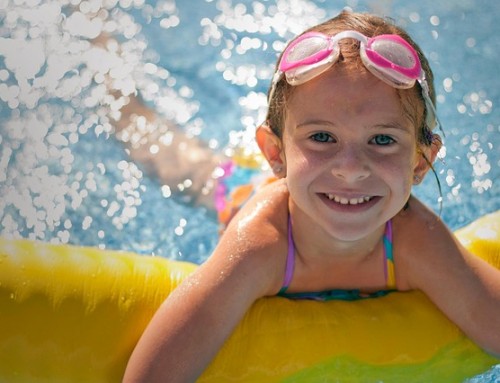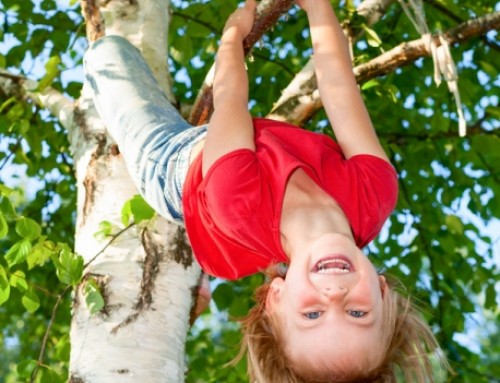Reprinted from www.creativeeducation.co.uk
Summertime in cottage country is an opportunity for creative learning not to be missed. As summer slinks towards a new school year — give a think about what spectacular natural wonders are all around and what they can teach us!
Learning beyond the classroom offers a whole host of opportunities you’ll struggle to find within confines of a classroom’s four walls, I’ve outlined just a few below:
1. Make learning more engaging
It can be difficult to keep kids on task in the classroom. Especially as the school year draws to an end and the weather is nice outside and all they want to do is run around and go crazy. Why not take learning outside and let them do just that? Take math outside and have children estimate then time how long it would take to run, hop and skip across a field. They can discuss it outdoors and graph it back in the classroom.
2. Make learning relevant
By taking learning beyond the classroom you’ll find dozens of opportunities to make learning concepts, real and relevant by putting them into a more realistic context. Many concepts which seem too difficult to get a grasp of in the classroom are a lot easier to understand in the big wide world when they’re set in context, and when the children are more engaged and motivated to understand and learn.
3. Nurture creativity and imagination
Taking kids beyond the classroom is like unclipping their wings. Suddenly their minds are free to explore and you can often end up with some very creative results no matter what subject you’re teaching them. For example, instead of learning about castles in the classroom are you able to take your children to a real castle ruins and have them act in role? You’ll be amazed at how their imaginations run wild – but make sure you know your stuff as they’ll have no end of questions to ask you to help fuel their role play.
4. Develop learning through play and experimentation
We all know that children learn more when they’re happy and engaged. It’s amazing just how much they can learn through playing. You can bet that the kids who did the role play in the castle will remember heaps about what life was like for their characters. Experimenting is also a fantastic way to learn – very young children learn a huge amount about volume and textures by simple things like sand and water play, whilst older children will enjoy becoming nature detectives and learning about minibeasts and their habitats.
5. Improve attendance
If you’re able to build outside play – and visits, into your curriculum and engage and motivate your pupils to learn, you’ll inevitably find that they’re more motivated to turn up to school.
6. Reduce behaviour problems
Whilst learning beyond the classroom certainly means implementing a whole new set of behaviour management processes, on the whole it can often mean a general improvement in behaviour – yet another consequence of children being happy, engaged and motivated. There are not many children who are likely to act up if the consequence is that the whole class has to go back to learning maths inside…
7. Develop interest in the environment and wider surroundings
Learning outside can give you a great opportunity to teach students about the environment and about your local area. This is an important part of developing them as responsible citizens that can be difficult to convey in the classroom.
8. Expose children to new opportunities
Learning outside the classroom doesn’t just have to mean wandering around the school grounds, though this is a great place to start. There is no end of places you can take the pupils that they might not get access to otherwise. Museums, galleries, zoos and farms can be of great interest or somewhere where they can find out how things are made and maybe even have a go themselves can provide learning experiences that won’t be forgotten fast.
9. Keep healthy
Even if you’re just going to work a few feet from the confines of your classroom, well directed outdoor learning opportunities can offer a great opportunity for fresh air and exercise. Even pupils who aren’t much interested in PE can usually be tempted by a fun learning game without the pressure of needing to ‘win’.
10. Enjoy almost limitless resources
One of the key benefits of learning outside is that you have the most amazingly well resourced stock cupboard you could hope for – and a lot of it is free. No matter how tight your school’s budget, so long as you have a good imagination you’ll be able to develop free, meaningful learning opportunities for your children that will stick with them.
So what are we waiting for – it’s time to get outside…
Reprinted from www.creativeeducation.co.uk






